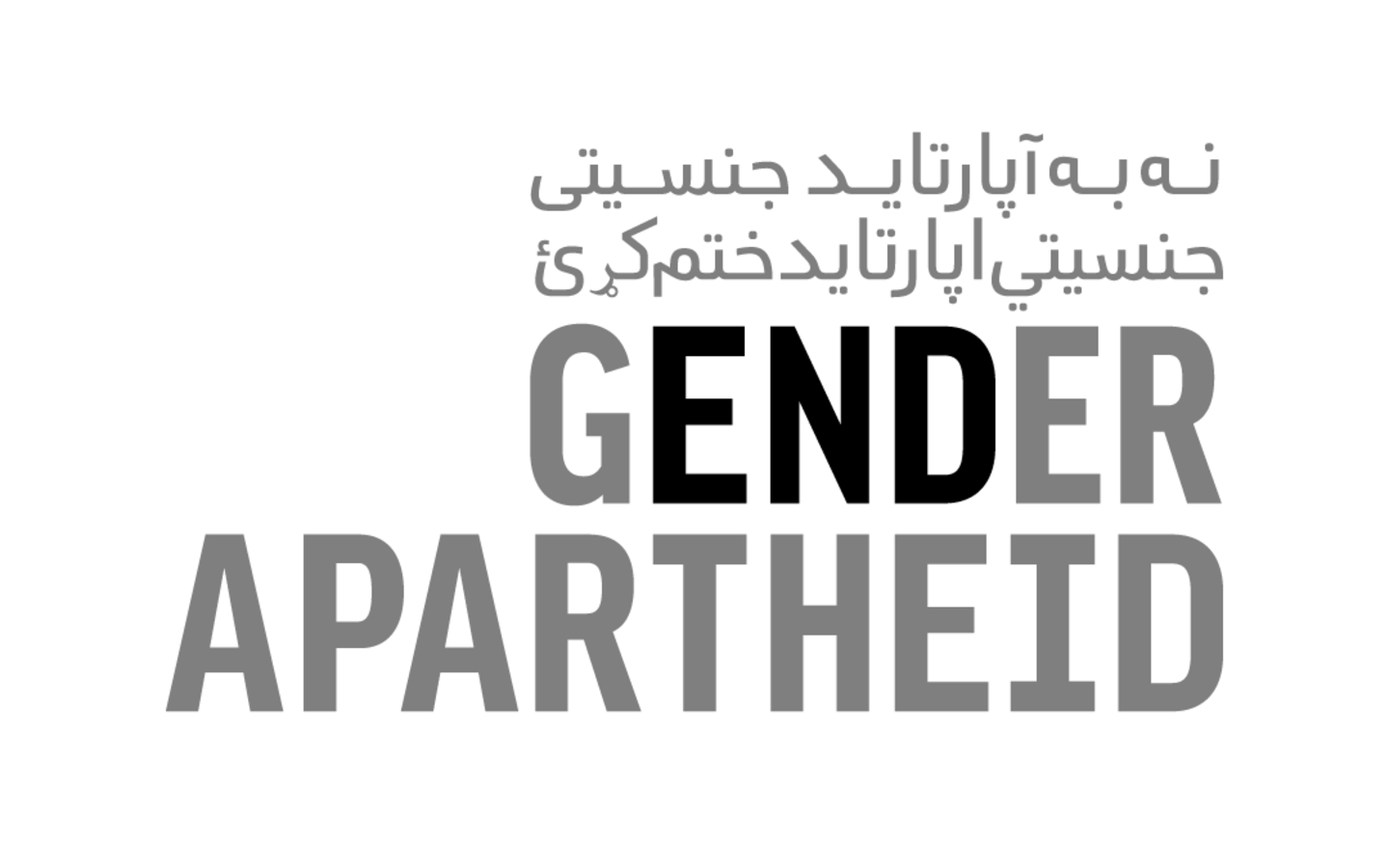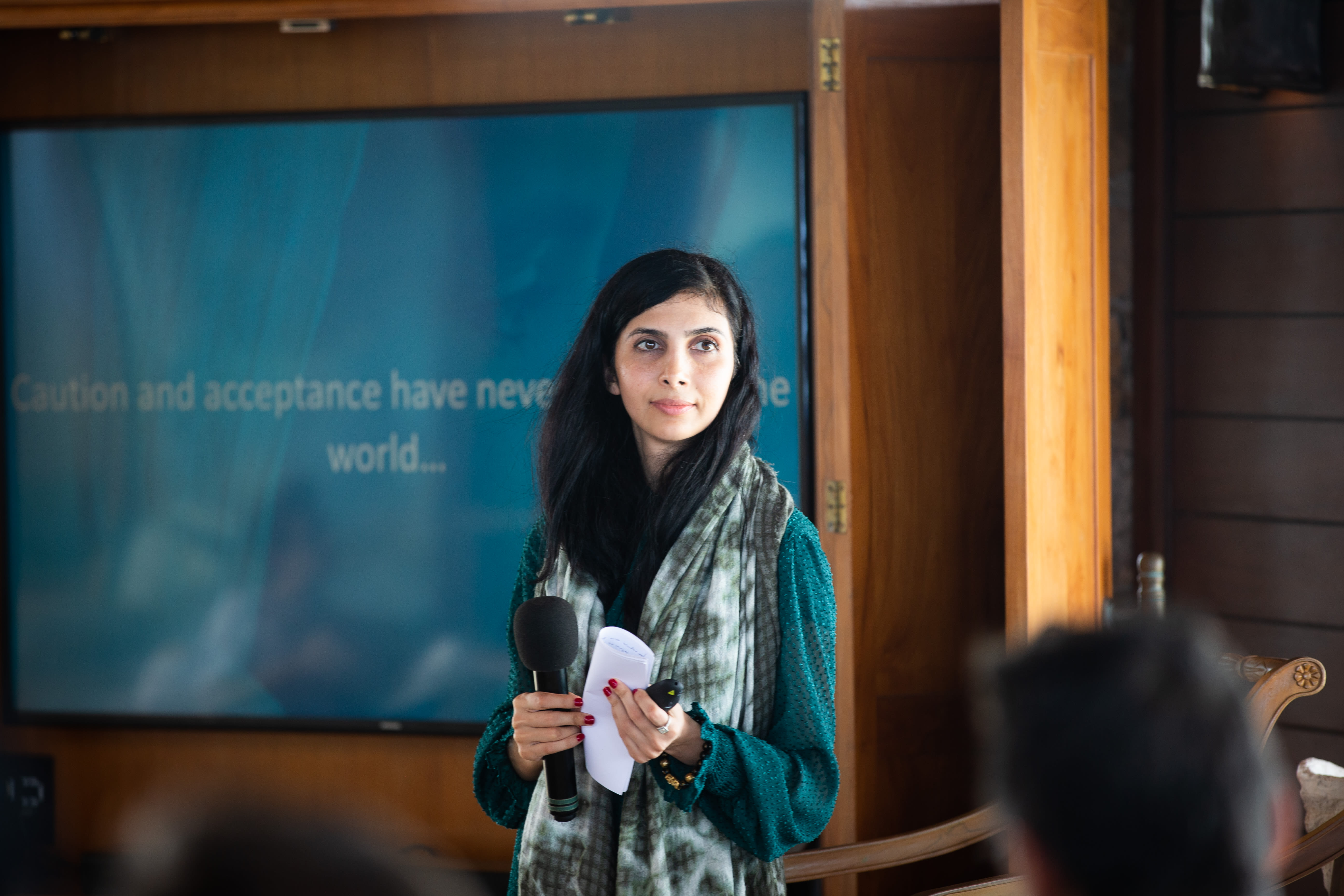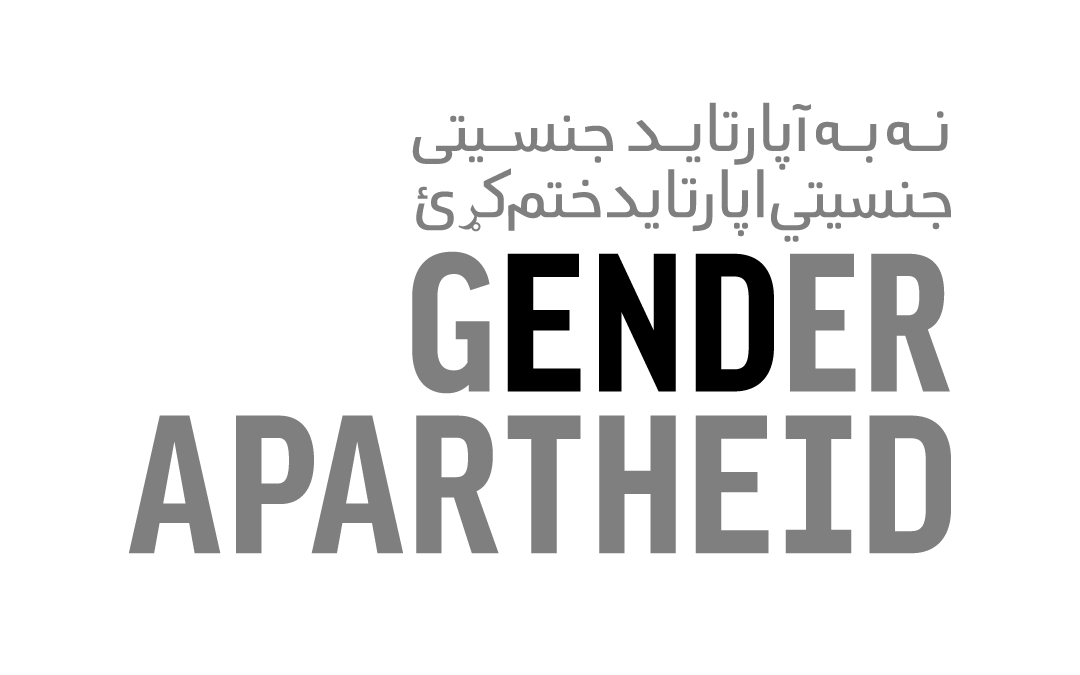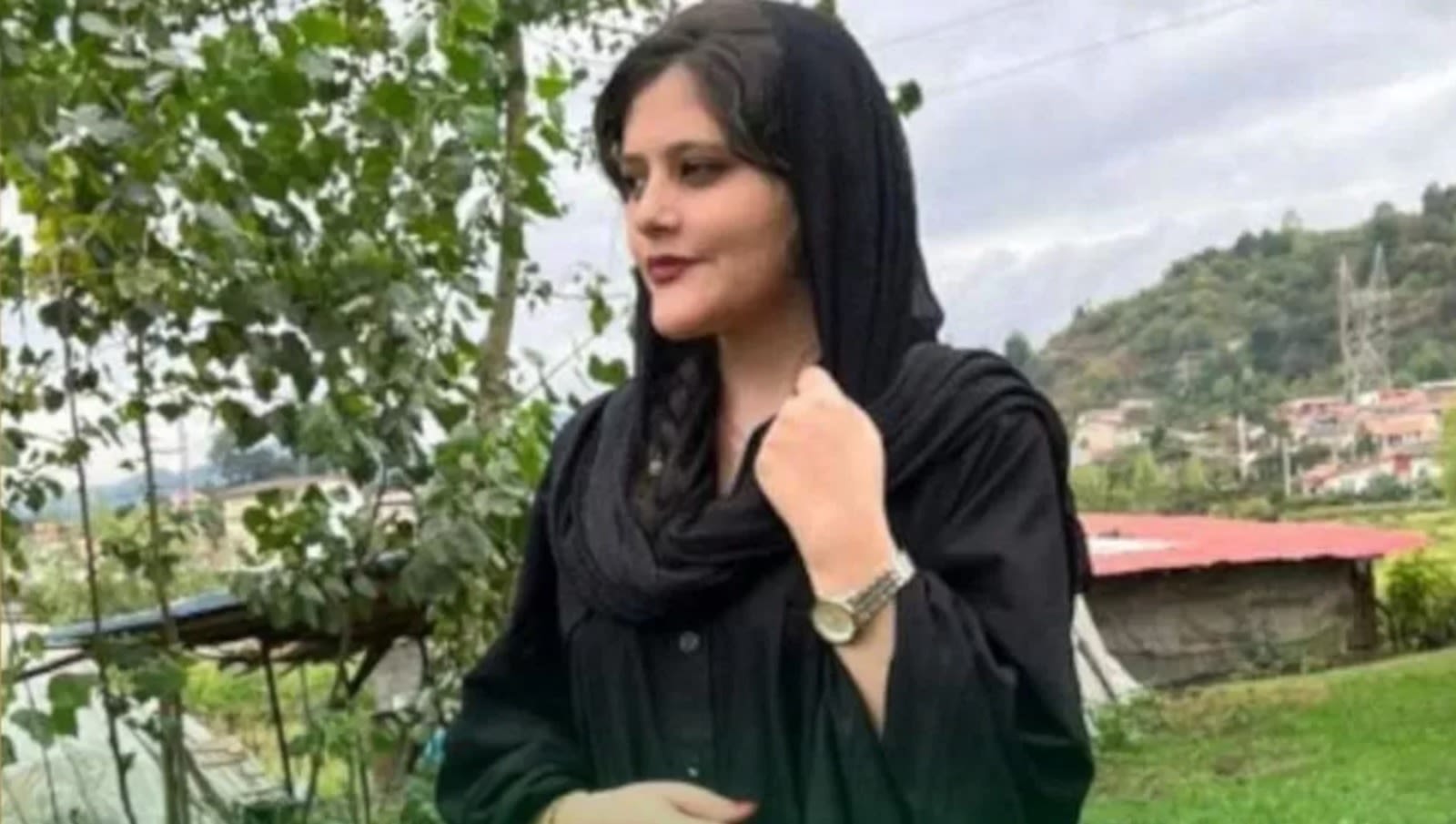Ending Gender Apartheid in Iran and Afghanistan
Most of us will be familiar with the term Apartheid – the horrific system of racial segregation and discrimination imposed by South Africa’s oppressive white minority regime from 1948 to the early 1990s.
More recently, due to the dire situation of women in Afghanistan and Iran, human rights experts and campaigners have coined the term Gender Apartheid to express that Apartheid doesn’t only occur along ethnic or racial lines. Gender Apartheid is not currently recognised as a crime under international law, which is why the call to end Gender Apartheid is so important.
The End Gender Apartheid campaign is a brilliant project which aims to expand the legal definition of apartheid under international law, so perpetrators like the Taliban in Afghanistan and the mullah regime in Iran can be brought to justice.
The 1973 Apartheid Convention defines apartheid as “inhuman acts committed for the purpose of establishing and maintaining domination by one racial group of persons over any other racial group of persons and systematically oppressing them.” This new campaign is highlighting how both racial and gender discrimination that are systematically adopted by state systems is an act of apartheid.
When I first heard about the campaign, I was keen to learn more and get involved. So, I caught up with Gissou Nia, a brilliant human rights lawyer who is the driving force behind End Gender Apartheid. Gissou shared fascinating insights into her motivation for this campaign and the extreme, systematic and structural war that women and girls in Iran and Afghanistan face each and every day.
It’s troubling to realise that when you swap out ‘race’ for ‘gender’ in the definition of Apartheid, it very accurately describes the situation of women living under the Taliban and in the Islamic Republic of Iran.
As Gissou explained, the need for this campaign is greater than ever. The Women, Life, Freedom protests in Iran have been silenced by a brutal government crackdown that has included threats, indiscriminate arrests and detention, forced disappearances, and a rapidly rising number of executions. Sadly, the protest movement and the situation of women inside Iran is receiving less and less media coverage, and the so-call ‘morality police’ have returned to the streets to continue harassing and arresting women who defy the mandatory hijab laws. We should also never forget, and fight to keep on the news agenda, the desperate situation of Afghan women and girls, who have been eliminated from public life by the Taliban, stripped not only of educational and economic opportunities, but also of their voice in society.
With fading coverage, international attention and outrage fade too, and consequently, action from policymakers. End Gender Apartheid seeks to keep the issue present. It is a brilliant way of standing with the women and girls of Iran and Afghanistan and standing up for women’s and girls’ rights everywhere.
When speaking to Gissou, I asked her what life was like in Iran before the protests broke out in September 2022, following the death of 22-year-old Mahsa Amini – who was killed by Iran’s ‘morality police’ for not wearing her hijab correctly. As Gissou explained:
The hijab law is really just the tip of the iceberg when it comes to the discriminatory laws affecting women [in Iran]. They’re not equal to men in matters of marriage, divorce, custody, inheritance. They’re not allowed to go into sporting stadiums, they’re not allowed to ride a bike – it’s really as basic as that. So, there are a lot of laws on the books that really seek to segregate and subjugate women, to take them out of public spaces – and it’s really this idea that ‘women only belong in the domestic sphere.'
Women and girls in Iran (and Afghanistan too) have never accepted this idea and have tried to break free from the systematic oppression in different ways – from fighting for their education, to challenging the mandatory hijab laws. It’s important to not brush off this issue as a difference of culture or religion. As Gissou said: “The women and girls in Iran basically have been risking their lives for months now to show the international community that they don’t want to live under these laws. So, it’s clearly not their culture. They’re saying something very different, and I think when it comes to women’s issues, a lot of time it is dismissed as something that is just ‘cultural’ and that nobody should be getting involved in, but the women are clearly telling us that they want an international response.”
We also discussed the similarities between the situation in Iran and Afghanistan, and how it differs from patriarchal inequalities you find in other countries. As Gissou said:
Ultimately it comes from a sort of patriarchal society, but where the laws are actually enforcing that patriarchy. There’s patriarchies and misogyny all over the world… but seldom does the country’s laws say: ‘that’s OK, you’re allowed to do that.’ And that is why the Taliban, and the Islamic Republic are really outliers in this.
Women and girls in Iran and Afghanistan are denied opportunities, education, freedom, and equality. Instead, they live under a violent system of segregation and discrimination that puts their lives and livelihoods at risk every day. This is why it’s so important for gender apartheid to be recognised as a crime under international law. The moment for the international community to act is now. To drive this point home, Gissou reflected on how apartheid ended in South Africa. Although there was a strong movement for change within the country, there’s no denying that international pressure played a big part in abolishing the system. We need a similar sense of urgency for the women and girls in Iran and Afghanistan.
So, what can we do to put this pressure in place? As Gissou said:
Sharing and amplifying content is so key, as it turns issues into political priorities. In a crisis fatigued and a crisis saturated world, it can be very difficult to get the attention of decision-makers and to make the issue a priority. People need to continue to talk about the situation in Iran.
Signing and sharing the open letter to End Gender Apartheid is a good place to start.
Thank you to Gissou and everyone who brought this campaign to life, and who fearlessly advocate for women and girls living under gender apartheid. Let’s continue to lift up their voices and play our role in bringing this cruelty to an end.







